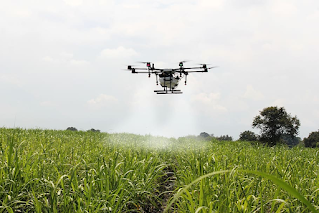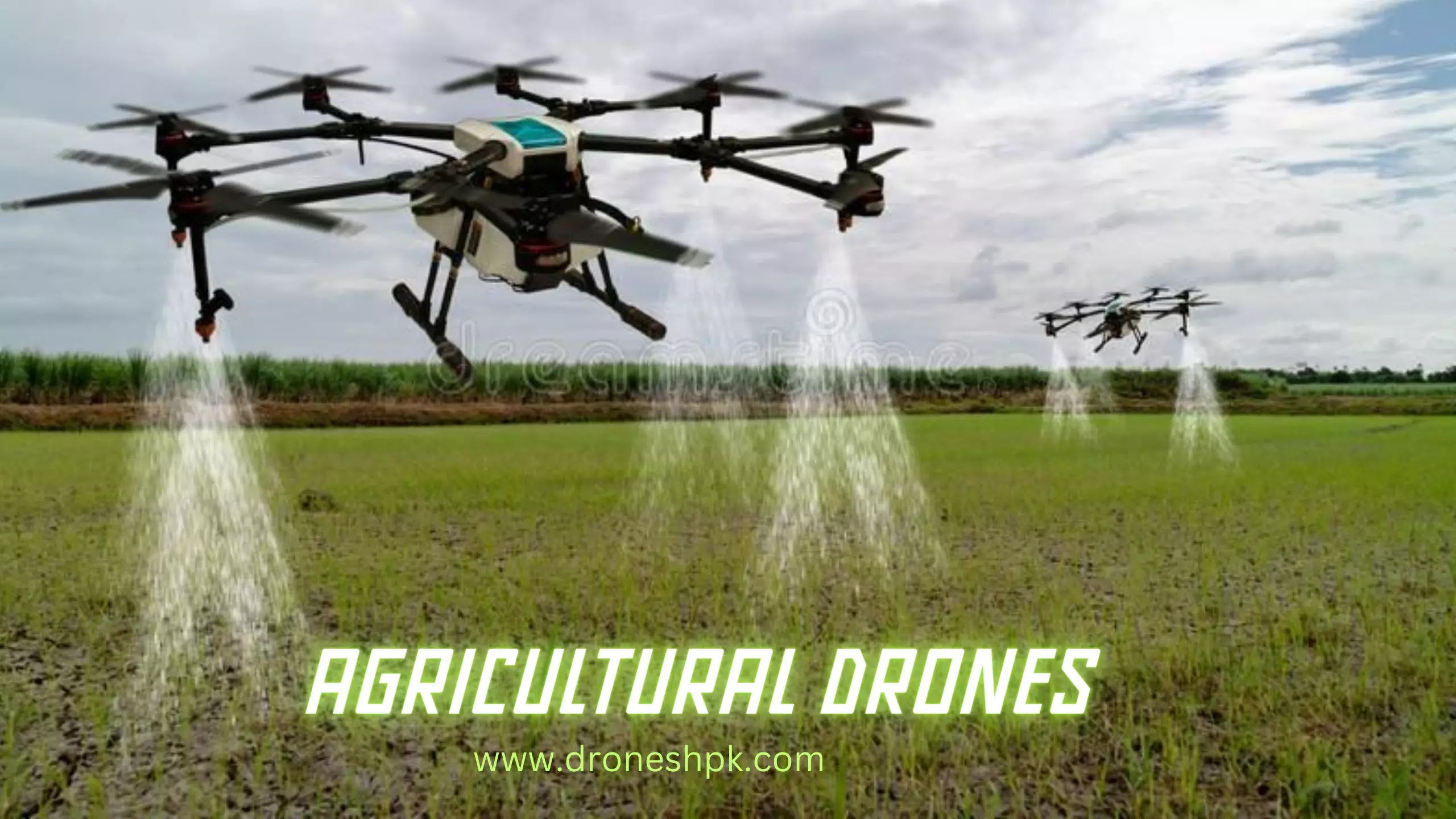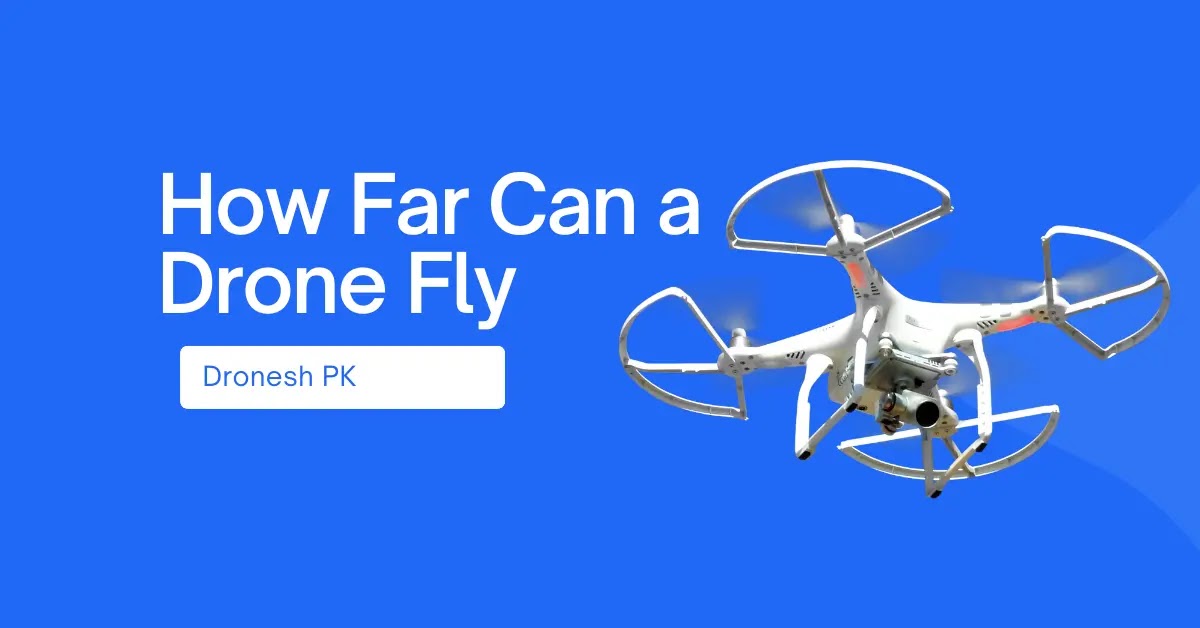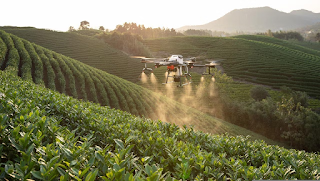The Ultimate Guide to Agriculture Drone Sprayer Prices in Pakistan
In recent years, the agriculture industry in Pakistan has witnessed a significant transformation with the introduction of cutting-edge technology. One such technological advancement that has revolutionized farming practices is the use of agriculture drone sprayers. These innovative devices have proven to be a game-changer for farmers across Pakistan, offering more efficient and cost-effective ways to manage crop spraying. In this comprehensive guide, we will delve into the world of agriculture drone sprayers, focusing on their prices, benefits, and applications in Pakistan.
1. Introduction to Agriculture Drone Sprayers
Understanding the Technology
Agriculture drone sprayers, also known as crop-dusting drones, are unmanned aerial vehicles equipped with specialized spraying mechanisms. These drones are designed to efficiently distribute pesticides, herbicides, and fertilizers over agricultural fields. The technology relies on GPS and advanced sensors to precisely target specific areas, reducing waste and environmental impact.
Benefits of Using Drone Sprayers in Agriculture
The adoption of agriculture drone sprayers in Pakistan offers several advantages:
- Precision Farming: Drone sprayers can apply chemicals with pinpoint accuracy, minimizing overuse and ensuring even distribution.
- Time Efficiency: Drones can cover large fields in a fraction of the time it takes traditional methods, allowing farmers to treat crops quickly.
- Reduced Labor Costs: Manual spraying is labor-intensive, but drones require fewer personnel, reducing labor expenses.
- Environmental Benefits: Precision spraying minimizes chemical runoff, leading to less soil and water pollution.
2. Agriculture Drone Sprayer Prices in Pakistan
Factors Influencing Drone Sprayer Prices
The price of agriculture drone sprayers can vary significantly based on several factors:
- Drone Model: Different drone models come with varying levels of sophistication and capabilities, affecting their prices.
- Payload Capacity: Drones with larger payload capacities tend to cost more due to their ability to carry more chemicals.
- Brand and Manufacturer: Established brands with a reputation for quality often charge premium prices.
- Additional Features: Drones equipped with advanced features like autonomous flight and obstacle detection may have higher price tags.
Price Range and Options
In Pakistan, agriculture drone sprayer prices typically range from PKR 100,000 to PKR 2,500,000. Here are some popular options available in the market:
Model X1 - PKR 100,000
Payload Capacity: 5 liters
Basic GPS navigation
Manual operation
Model Y3 - PKR 500,000
Payload Capacity: 15 liters
GPS with waypoint navigation
Remote control
Model Z5 Pro - PKR 2,500,000
Payload Capacity: 30 liters
Advanced GPS and obstacle avoidance
Autonomous operation
3. Applications of Agriculture Drone Sprayers in Pakistan
Crop Types Suitable for Drone Spraying
Agriculture drone sprayers can be effectively used on various crops, including:
- Wheat and Rice: These staple crops benefit from precise pesticide application, reducing the risk of disease and pests.
- Cotton: Drone spraying helps control pests and diseases in cotton fields, leading to higher yields.
- Fruit Orchards: Orchards with fruit-bearing trees can be efficiently treated with drone sprayers.
4. Expert Opinions on Agriculture Drone Sprayers
Quotes from Industry Experts
Here are some insights from industry experts regarding agriculture drone sprayers in Pakistan:
- Dr. Ali Khan, Agricultural Scientist at PakAgri Research: "The integration of drone technology in Pakistani agriculture is a promising development. It not only improves crop management but also conserves resources."
- Maria Ahmed, CEO of AgriTech Innovations: "Our research shows that farmers who have adopted drone sprayers have reported a significant increase in their crop yields. This technology is changing the face of Pakistani agriculture."
- Ahmed Raza, Director of CropCare Solutions: "Drones are the future of precision farming in Pakistan. They offer unparalleled accuracy, which is crucial for effective pest and disease management."
5. Frequently Asked Questions (FAQs)
1. Are agriculture drone sprayers suitable for small-scale farmers in Pakistan?
Yes, there are affordable drone models with lower payload capacities that are suitable for small-scale farmers.
2. How can I learn to operate an agriculture drone sprayer?
Many companies offer training programs and support for farmers new to drone technology.
3. Are there any regulations regarding the use of drone sprayers in Pakistan?
Yes, the Pakistan Civil Aviation Authority (CAA) has regulations governing the use of drones in agriculture.
4. Can drone sprayers handle both pesticides and fertilizers?
Yes, many drone models are designed to handle a variety of agricultural chemicals.
5. What is the expected return on investment (ROI) for using agriculture drone sprayers?
The ROI can vary based on factors such as crop type and farm size, but many farmers report a positive ROI within the first year of use.
6. Examples and Solutions for Farmers
Real-Life Examples
Case Study: Muhammad's Wheat Farm
Muhammad, a farmer in Punjab, adopted an agriculture drone sprayer for his wheat farm. By using the drone to precisely apply pesticides, he not only reduced chemical costs but also saw a 20% increase in his wheat yield.
Tech-Savvy Solutions for Farmers
Farmers can consider joining local agricultural associations and cooperatives that offer access to shared drone spraying services, making it more affordable for small-scale farmers.
Collaborating with agri-tech startups can provide farmers with cost-effective access to drone technology without the need for large upfront investments.
conclusion
In conclusion, agriculture drone sprayers have emerged as a transformative technology in Pakistani farming. With their ability to enhance crop yields, reduce costs, and promote sustainable farming practices, these devices are becoming increasingly popular among farmers of all scales. By carefully considering factors such as drone models and application techniques, Pakistani farmers can harness the power of this technology to boost their agricultural productivity and contribute to the growth of the agriculture sector in the country.





